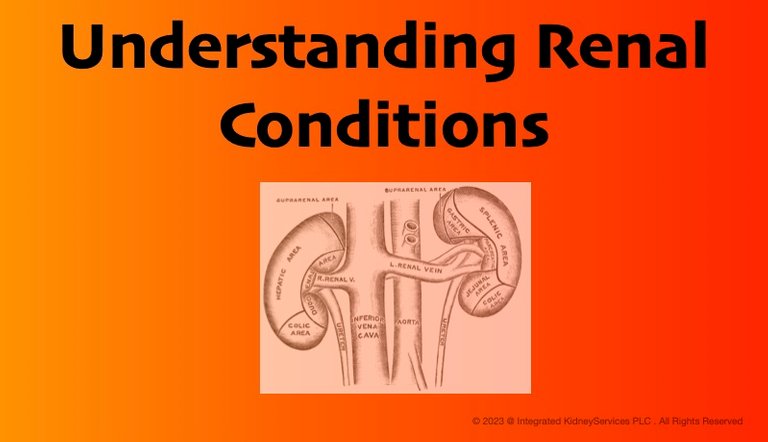
Article name: Daily Oral Sodium Bicarbonate Preserves Glomerular Filtration Rate by Slowing Its Decline in Early Hypertensive Nephropathy
This article was published in Kidney International in 2010. It is a prospective, randomized, placebo-controlled, and blinded interventional study which compares placebo, sodium chloride and sodium bicarbonate with respect to the evolution of the estimated glomerular filtration rate (eGFR) in patients with early hypertensive nephropathy during 5 years. The bicarbonate dose used was 0.5 mEq/Kg/day
After the 5 years, the rate of eGFR decline, estimated using plasma cystatin C, was slower and eGFR was higher in patients who received sodium bicarbonate than in those given placebo or sodium chloride.
Endothelin (ET) production was measured by using the urine ET/creatinine ratio (UET). Tubulointerstitial injury was measured by using the urine N-acetyl-β-D-glucosaminidase-to-creatinine ratio (UNAG). These 2 parameters were significantly better in the patients receiving bicarbonate therapy
The data also suggests that the kidney-protective benefit of alkali therapy is through reducing kidney ET production and tubulointerstitial injury through activation of ET receptors.